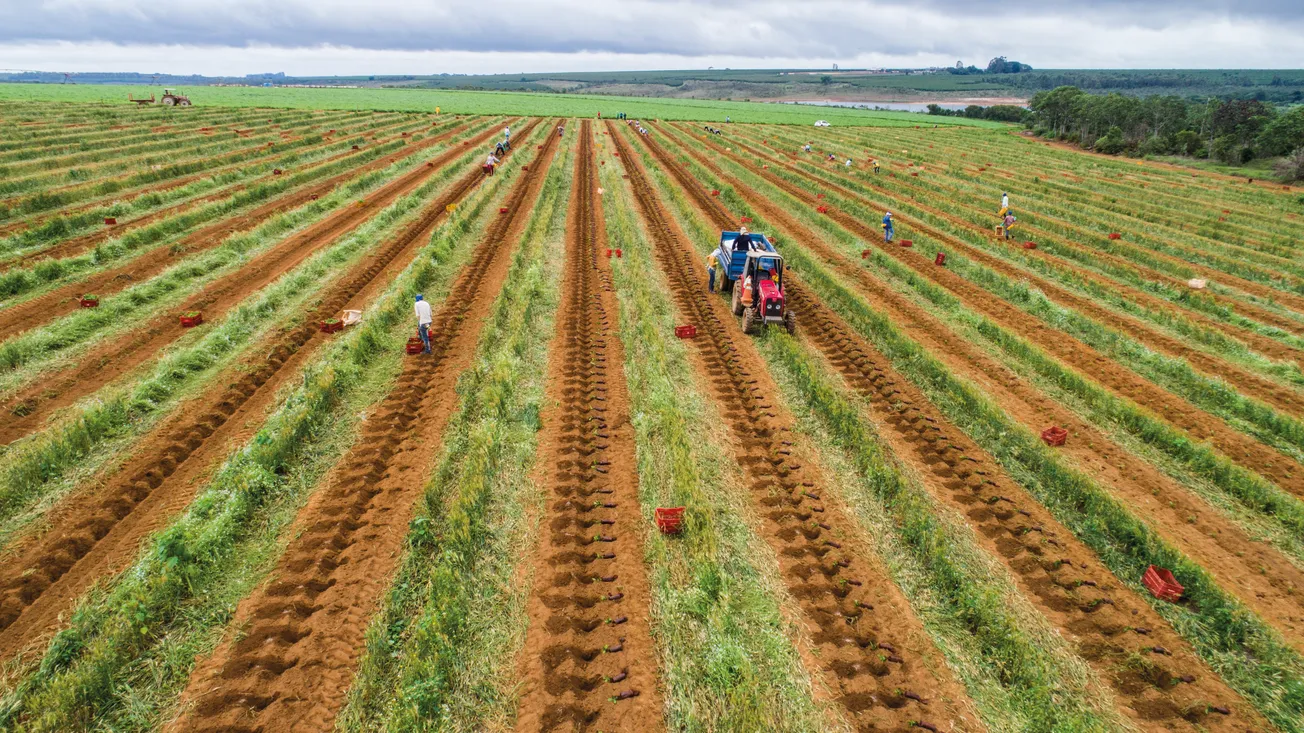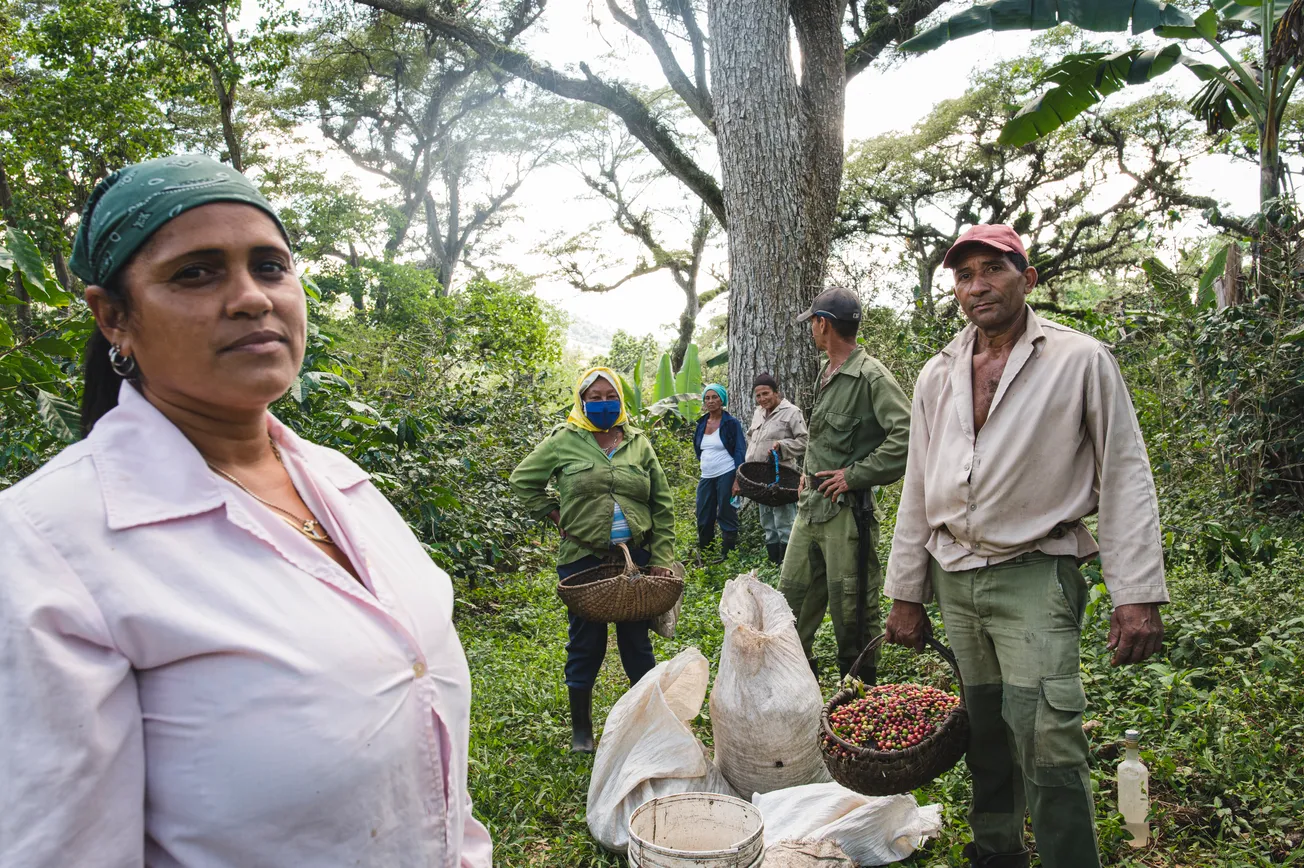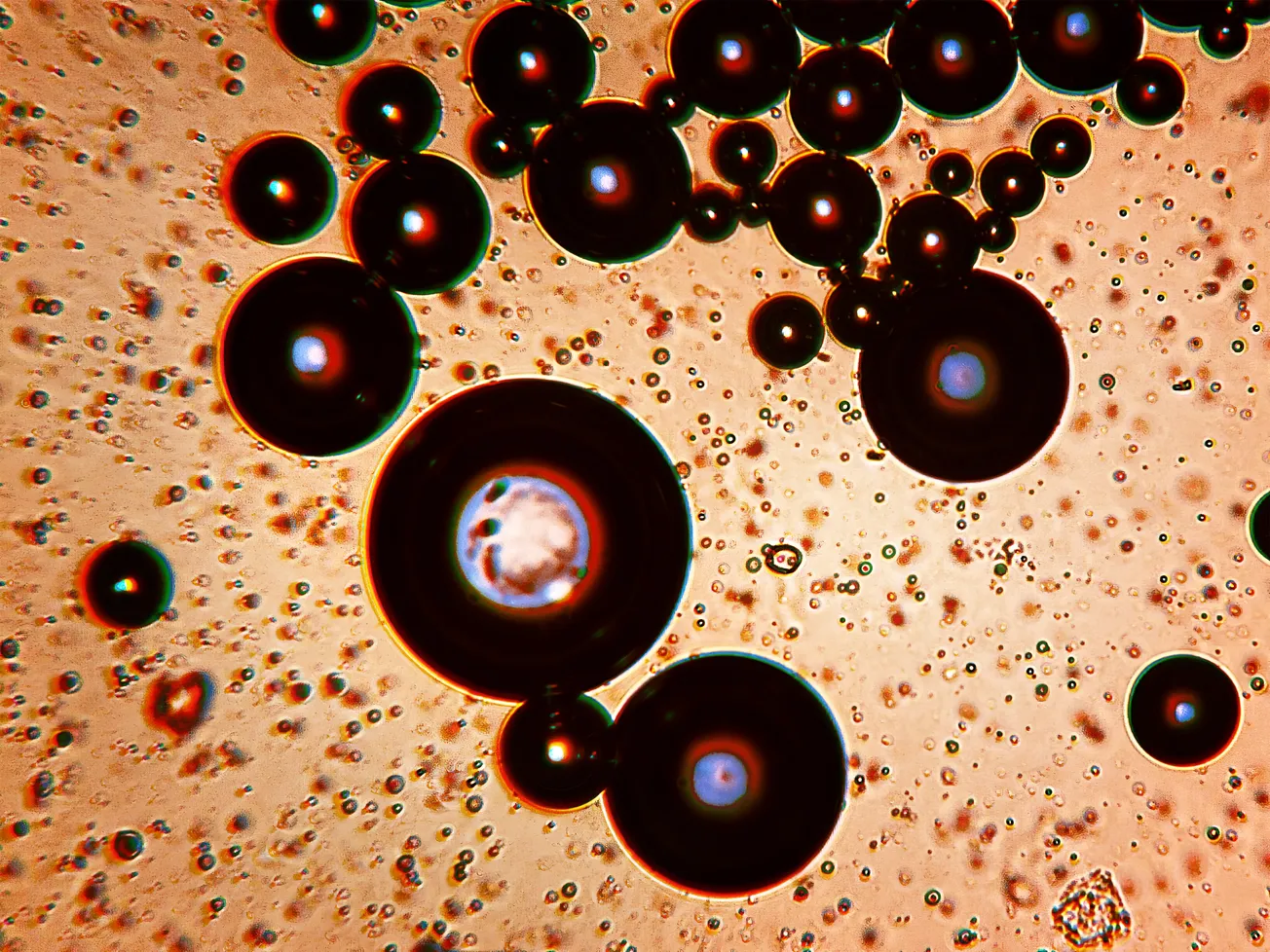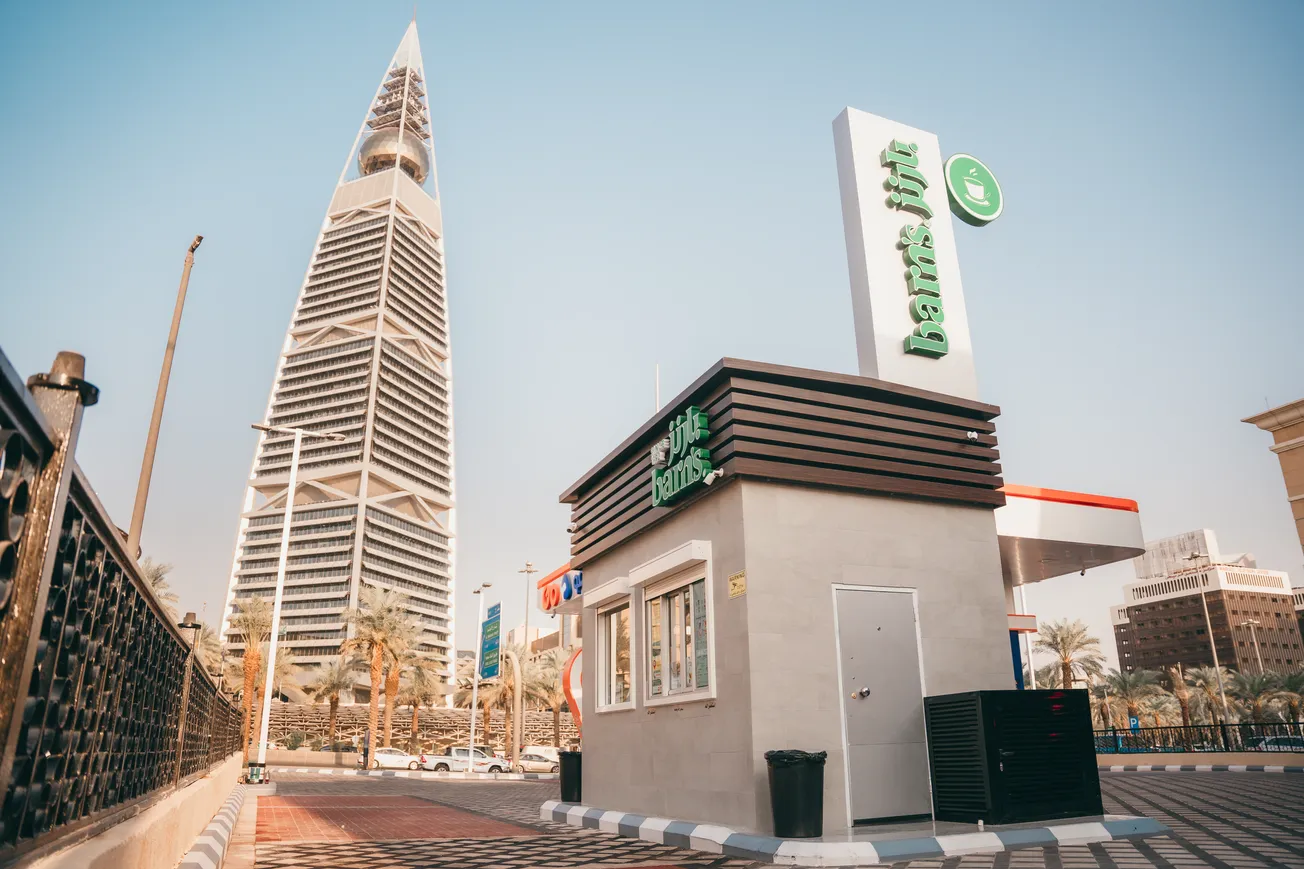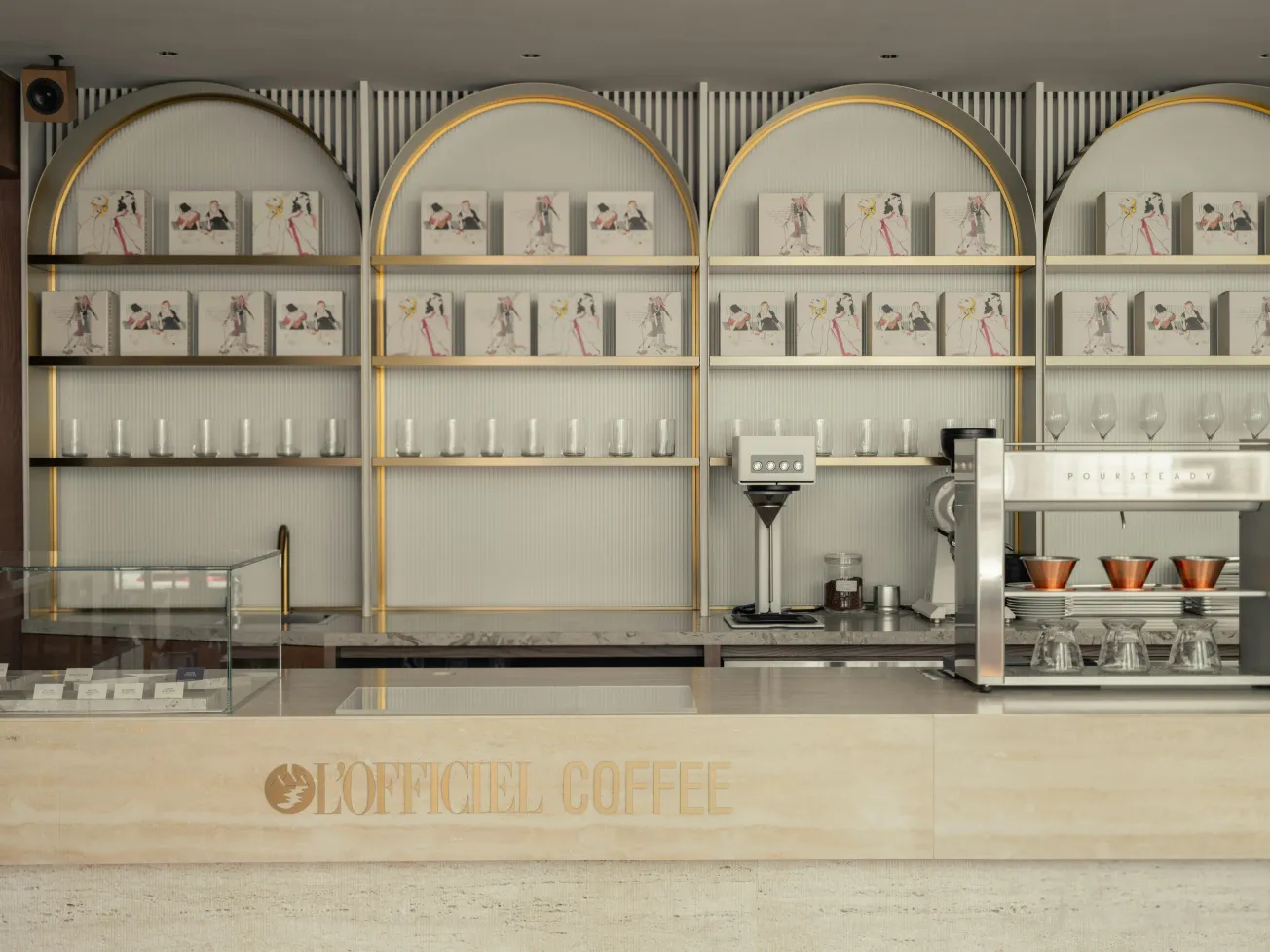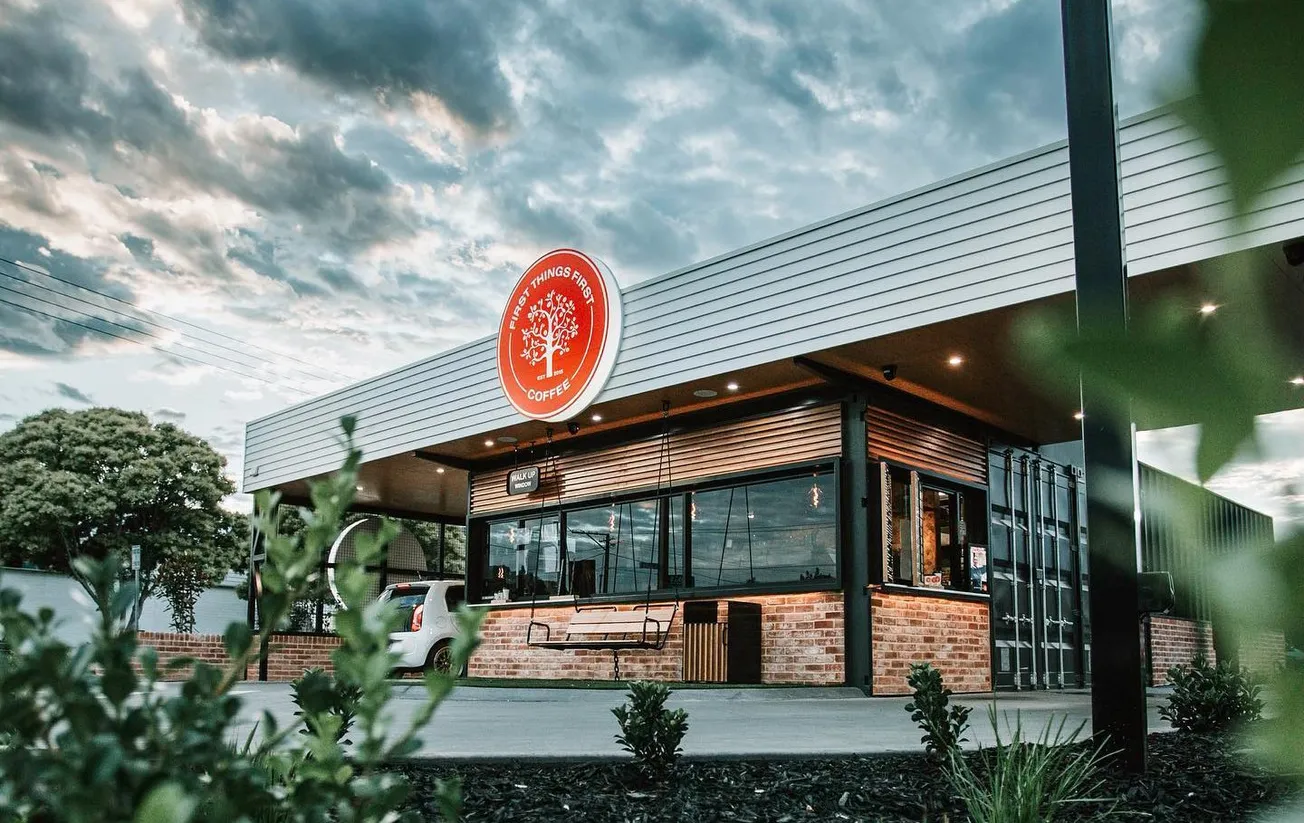With intensive agriculture practices and soil degradation threatening the future of global coffee production, regenerative agriculture could hold the key to a more sustainable future. Cristiana Couto explores how Brazilian coffee farmers are reaping the rewards of healthier soil – and safeguarding coffee production for future generations to enjoy
“The world will only have 60 more harvests”. The striking statement attributed to a high-ranking United Nations official made headlines around the world in 2014. Eight years later, it reverberated again as the title of a book by leading agriculture and animal welfare expert Philip Lymbery.
Concerns about soil sustainability are not exaggerated. A 2020 study of 225 soil samples around the world conducted by Dr Daniel Evans and published in the journal Environmental Research Letters showed that just under a third of conventionally managed soils have a life expectancy of less than 200 years, and 16% less than 100 years.


